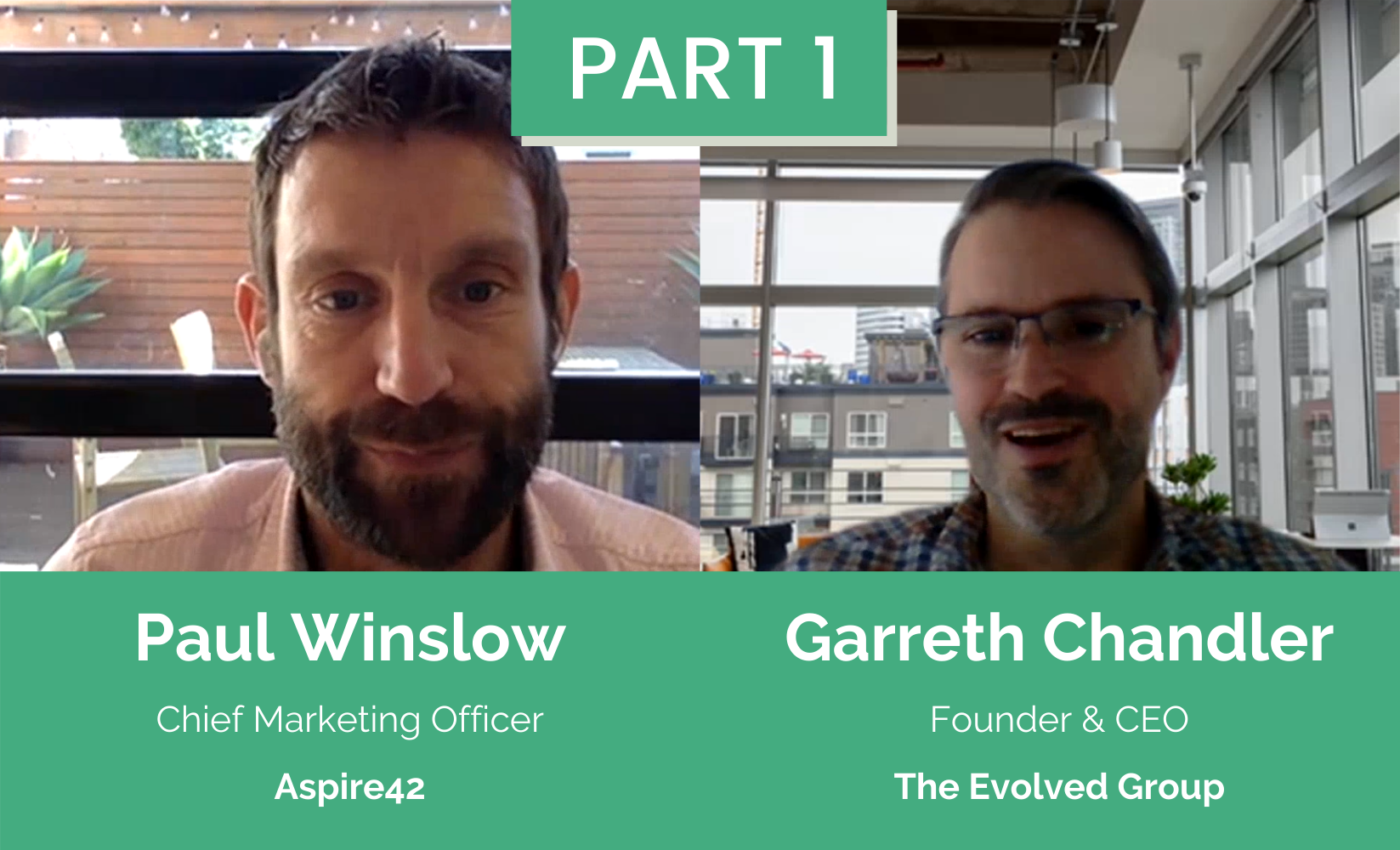Great things came out of the 1980s. Hollywood gave us Marty McFly and Indiana Jones. Whitney Houston gave us those iconic key changes. And Nintendo spawned Mario and Luigi. But did you know that the term “virtual community” was first coined in the 1980s too?
Over the past four decades, the movement has advanced tremendously. From its early beginnings in facilitating virtual connections between readers and writers, scientists and students, or for intellectual debate (over dial up), right through to the behemoths of Reddit, Quora, Facebook Groups, and the social media goliaths we reach for daily.
Is an online community right for my brand?
Oxford Languages defines a community as “a group of people living in the same place or having a particular characteristic in common”. When that common characteristic is your brand, online communities quickly become a deep and rich source for customer listening and brand engagement, observing customer behaviours and customer-led insight to develop your strategic brand objectives.
An online community is not unlike raising a child or pet. It needs to be nurtured, encouraged, listened to and valued. This takes time, resource and effort. If you know that your customers aren’t overly engaged with your category, an alternate customer engagement solution may be more appropriate.
Being attuned to when an online community is the right solution for your organisation, versus when you should stick with ad-hoc research, will help uncover where that cost benefit trade off point sits.
An online community may be the perfect complement to your existing customer insight platform if you have access to a combination of any of the following:
- An emailable database of customers
- High category participation
- High brand profile on social media
- Offline conversations about your brand
- High volumes of customer care requests
- When your research conducted is almost always with your own customers
The benefits of online communities
Once you have decided that an online community is right for you, some of the benefits you’ll reap include;
- Large volumes of qualitative data, on a quantitative scale – The strongest communities don’t need prompting! They run themselves organically, so you and your stakeholders can sit back and observe how customers talk about your brand.
- Building brand engagement – Use the platform to close the loop with customers via moderators and 1:1 communication, you demonstrate that customers have been listened to, and their feedback has been used to shape brand strategy. You may also build a brand avatar – a chat-like persona operating as a natural extension to your brand, to probe, support and engage with your customers via Conversational AI.
- Iteration – Build your understanding of your customers’ brand journey over time, not limited to “point in time” research. You might get it right for a time, but your competitors are constantly changing, so you need to adapt to stay relevant. Iterate and optimise your customer offer until you get it right and keep evolving.
- Quick turnaround – Your research sample is already recruited and warmed up. No need to find or re-engage them, they’re ready and waiting to answer your questions. Get results in hours, rather than weeks.
- Cost efficiencies – In our extensive experience across traditional research methodologies and community-run methodologies, we typically see the same research can be delivered for approximately one quarter of the price on community platforms. The quality of research remains the same, but project overheads are significantly reduced, helping you to work your insights budget harder.
Getting the right community fit
Within the solutions available, Communities can take on a variety of incarnations. By choosing the right format from the outset, you’ll be set for success in a way that is realistic, sustainable and achievable for your business:
- If you have the time and appetite to casually observe how your customers talk about you to each other, in an undirected spontaneous manner, opt for a fully engaged community. Communities like this run themselves (yes, some customers love to volunteer themselves as proxy moderators), and your stakeholders get to listen in to those conversations that fuel word-of-mouth offline conversations and brand perceptions.
- No interest, or appetite to have customers talk to each other about you? No problem! An activities-based communities allows you to run research tasks, moderated discussions and close the loop with customers to show them how you’ve put their insights into action.
- An online community is not always going to be appropriate and that’s okay! In some cases, a panel or a short-term community solution is a better fit. When your objective is specifically to find cost efficiencies with your ad-hoc research, a panel approach will suit. Use the platform functionality to quickly target specific sample profiles and recruit for online and offline research projects.
What to do with all the data?
Underneath Evolved Communities sits the insights eco-system Human Listening. Within Human Listening, you can take the community-collected data, integrate it with your own data from CRM and use the latest text and data analytic techniques to generate deeper customer insights for your business. Coupled with other customer experience, or employee experience research methods, Evolved Communities opens significant opportunity to help your business grow.
Reflecting on the evolution of online communities over the past 40 years, it is evident that we are on a bright trajectory.
Want to know more?
If you would like more information on Evolved Online Communities, please shoot me a message on LinkedIn or visit our Communities page.





